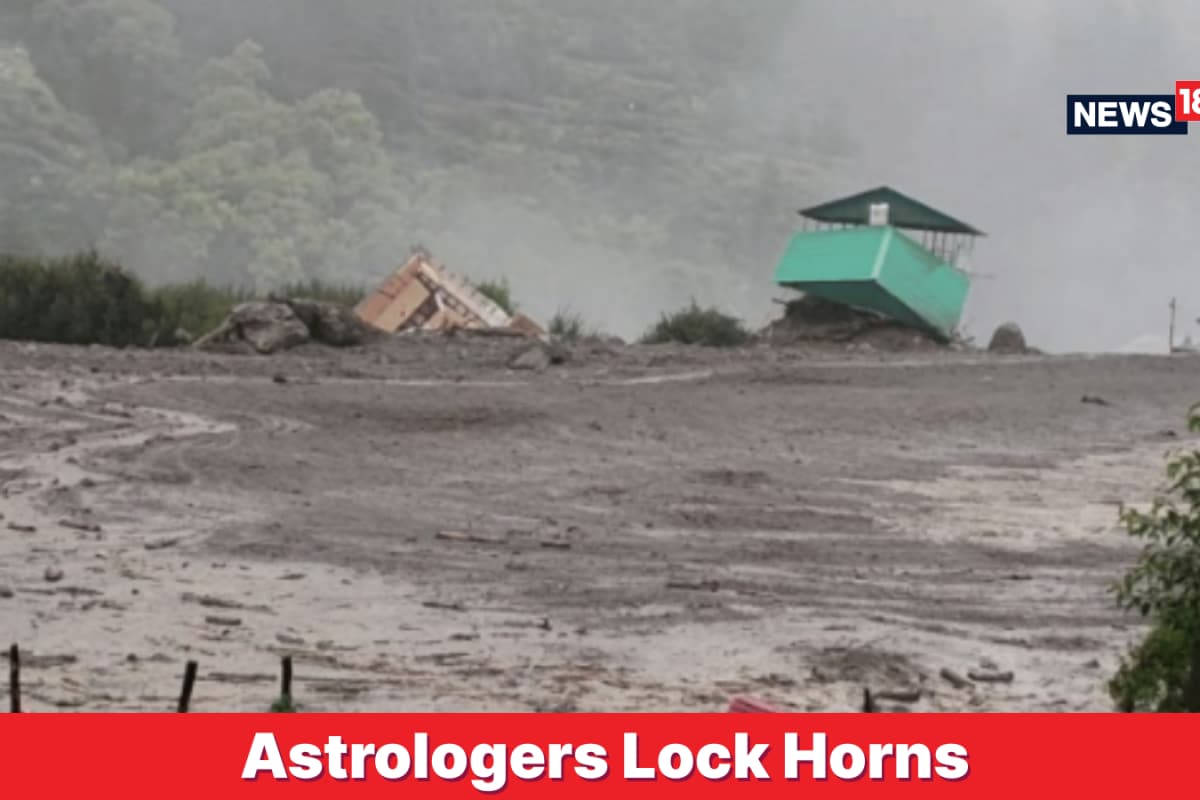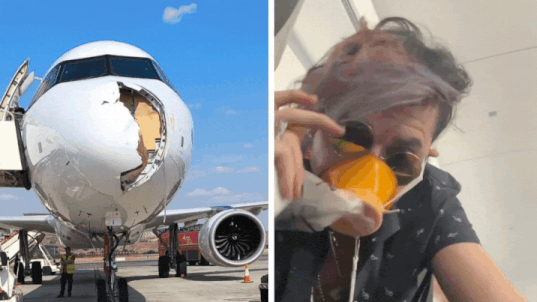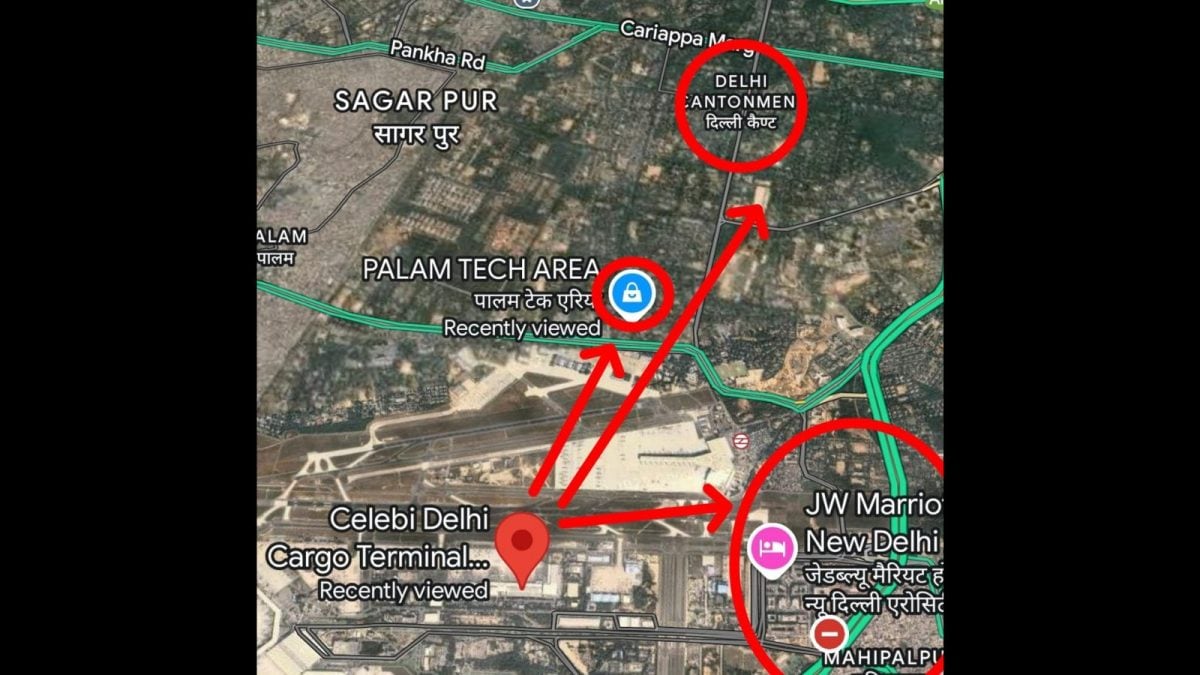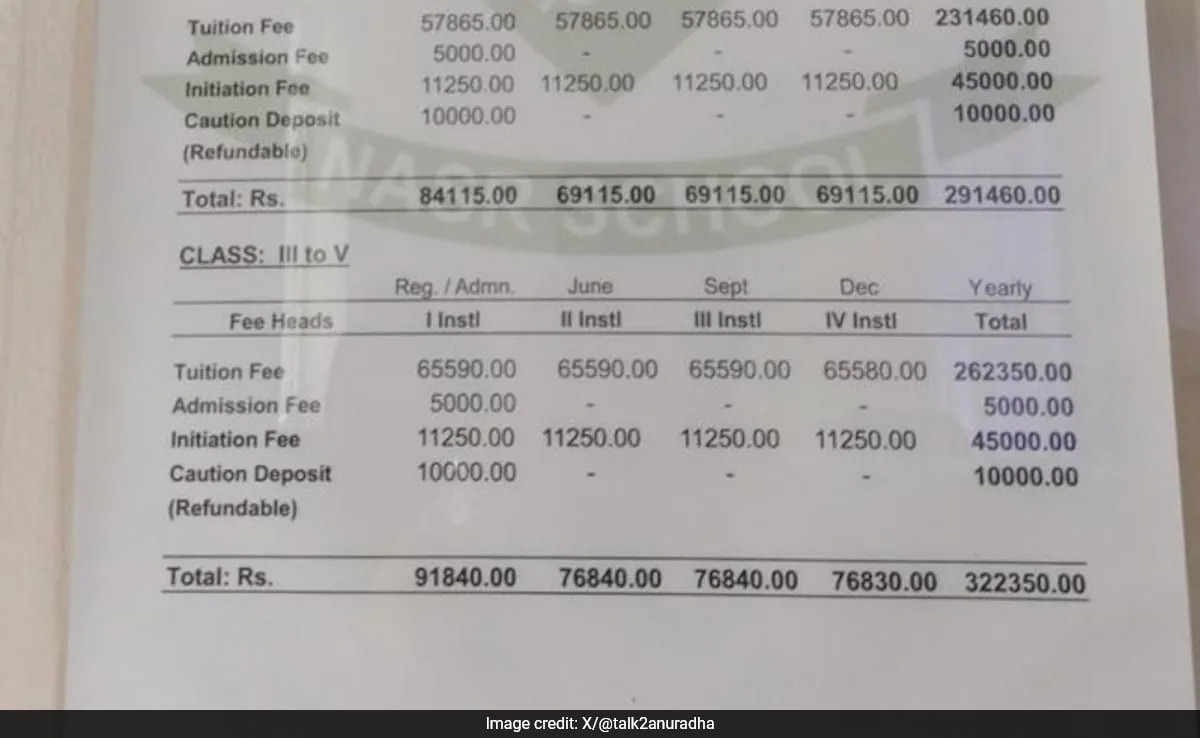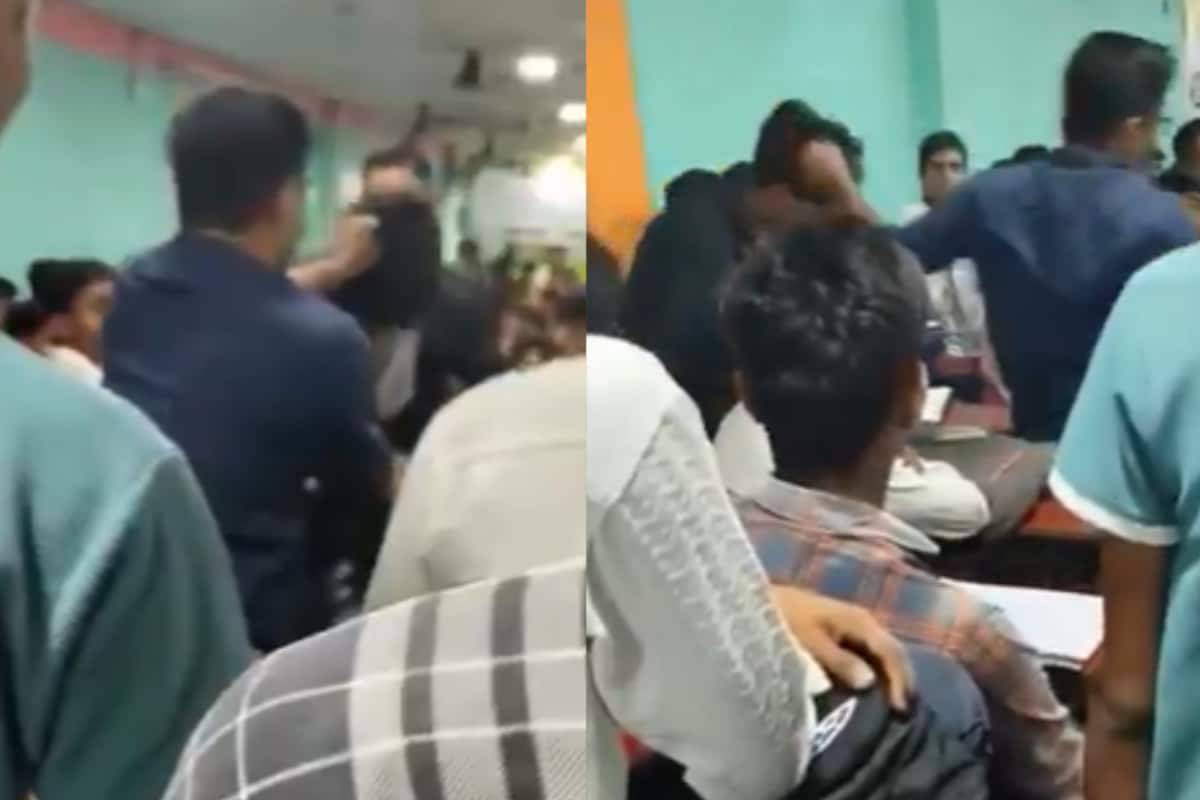Can Gujarat FDCA chief answer why hi-tech equipment in Vadodara, Rajkot worth crores are lying idle?
Hi-tech equipment worth several crores has been lying unused in Gujarat’s state-run Food and Drugs Control Administration (FDCA) laboratories in Vadodara and Rajkot for over three years, even as the state steps up raids and sample collection drives against adulterated food and substandard drugs.Despite repeated reminders and multiple inspections by senior officials, including the Principal Secretary and the Food and Drug Commissioner, key testing machines remain uninstalled and non-functional, raising serious concerns about accountability, training, and wasteful public expenditure.Crores spent, unboxing awaitedDuring a recent visit, on June 6, senior officials found that expensive drug-testing equipment in the Vadodara lab had not been set up months after procurement. According to sources, both junior scientific officers and their superiors in the lab are responsible for this prolonged inaction.The Rajkot lab reflects a similar situation. Equipment such as the Laminar Air Flow unit, BOD Incubator, and Biosafety Cabinet — all crucial for accurate sample testing — are reportedly not in operation. In Vadodara, devices like the Automated Incubating Reader and the AVI-Site Complex System remain untouched.A report by the Comptroller and Auditor General (CAG) on the labs’ functioning noted that several machines had never been used, despite being in place for years. This has led to significant financial loss, with taxpayers footing the bill for equipment that yields no benefit.High-speed tech, low-speed implementationThe unused machines are capable of delivering results in as little as 14 hours, compared to the current 14-day turnaround. Yet, lab officials have failed to operationalise them, despite repeated verbal instructions from Food and Drug Commissioner Hemant Koshia.According to sources, the delays are not due to technical faults but stem from poor staff training, internal resistance, and possible vested interests. In June 2025, the Joint Commissioner (Testing) formally acknowledged the issue in a letter issued after persistent delays and media scrutiny.For example, in Vadodara, both the Automated Incubating Reader and the AVI-Site Complex System remain idle due to the lack of trained personnel — not because of any faults. The Food Safety and Standards Authority of India (FSSAI) has reportedly confirmed that the machines are fully functional and ready for use.Delayed tests, early sales: how bad drugs slip throughThe issue goes beyond food safety. Delays in declaring drug samples substandard have allowed manufacturers to continue selling potentially harmful products unchecked.Internal reports suggest that in some cases, laboratory staff deliberately stalled results. A former deputy commissioner allegedly suppressed drug testing data and was later implicated in a bribery case, drawing strong criticism from state authorities.“If one were to compare the date of sample collection with the date it was declared substandard, the extent of delay and manipulation would become evident,” said a source familiar with the lab’s operations.Section 45(1) of the Drugs and Cosmetics Act mandates that laboratories submit test results within 60 days of receiving a sample. However, this deadline is frequently missed. In some instances, months passed before results were declared — enough time for manufacturers to clear stock.Between 2019 and 2022, the FDCA admitted that 22% of samples sent for testing never had their results officially reported, delaying action against violators and undermining public health safeguards.Rules flouted, data buried, no accountabilityDespite repeated inspections and instructions from senior officials, there has been little progress in fixing systemic lapses across the FDCA labs. Critical machines remain unused, legal timelines are ignored, and findings on substandard products are delayed or suppressed.Multiple interventions from the Food and Drug Commissioner have failed to ensure compliance. Meanwhile, questions around responsibility for this prolonged inaction remain unanswered.As public funds are wasted and equipment lies idle, the broader consequence is a weakened system that struggles to catch adulterated food and substandard medicines before they reach consumers.
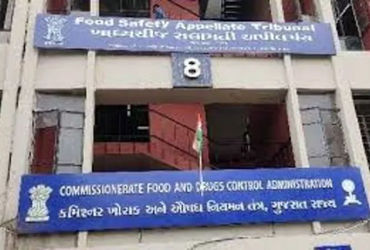
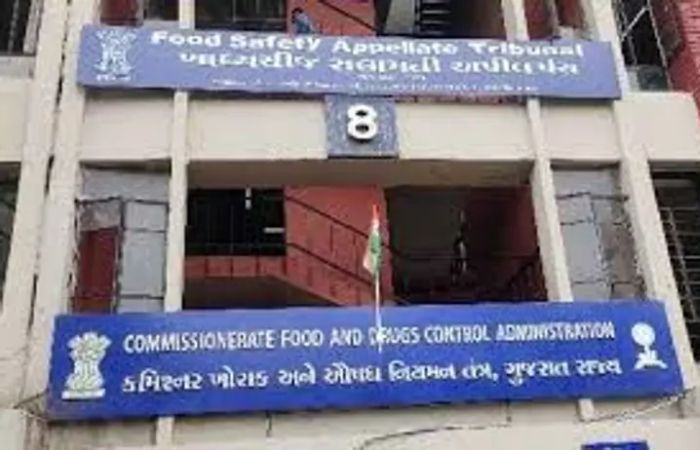
Hi-tech equipment worth several crores has been lying unused in Gujarat’s state-run Food and Drugs Control Administration (FDCA) laboratories in Vadodara and Rajkot for over three years, even as the state steps up raids and sample collection drives against adulterated food and substandard drugs.
Despite repeated reminders and multiple inspections by senior officials, including the Principal Secretary and the Food and Drug Commissioner, key testing machines remain uninstalled and non-functional, raising serious concerns about accountability, training, and wasteful public expenditure.
Crores spent, unboxing awaited
During a recent visit, on June 6, senior officials found that expensive drug-testing equipment in the Vadodara lab had not been set up months after procurement. According to sources, both junior scientific officers and their superiors in the lab are responsible for this prolonged inaction.
The Rajkot lab reflects a similar situation. Equipment such as the Laminar Air Flow unit, BOD Incubator, and Biosafety Cabinet — all crucial for accurate sample testing — are reportedly not in operation. In Vadodara, devices like the Automated Incubating Reader and the AVI-Site Complex System remain untouched.
A report by the Comptroller and Auditor General (CAG) on the labs’ functioning noted that several machines had never been used, despite being in place for years. This has led to significant financial loss, with taxpayers footing the bill for equipment that yields no benefit.
High-speed tech, low-speed implementation
The unused machines are capable of delivering results in as little as 14 hours, compared to the current 14-day turnaround. Yet, lab officials have failed to operationalise them, despite repeated verbal instructions from Food and Drug Commissioner Hemant Koshia.
According to sources, the delays are not due to technical faults but stem from poor staff training, internal resistance, and possible vested interests. In June 2025, the Joint Commissioner (Testing) formally acknowledged the issue in a letter issued after persistent delays and media scrutiny.
For example, in Vadodara, both the Automated Incubating Reader and the AVI-Site Complex System remain idle due to the lack of trained personnel — not because of any faults. The Food Safety and Standards Authority of India (FSSAI) has reportedly confirmed that the machines are fully functional and ready for use.
Delayed tests, early sales: how bad drugs slip through
The issue goes beyond food safety. Delays in declaring drug samples substandard have allowed manufacturers to continue selling potentially harmful products unchecked.
Internal reports suggest that in some cases, laboratory staff deliberately stalled results. A former deputy commissioner allegedly suppressed drug testing data and was later implicated in a bribery case, drawing strong criticism from state authorities.
“If one were to compare the date of sample collection with the date it was declared substandard, the extent of delay and manipulation would become evident,” said a source familiar with the lab’s operations.
Section 45(1) of the Drugs and Cosmetics Act mandates that laboratories submit test results within 60 days of receiving a sample. However, this deadline is frequently missed. In some instances, months passed before results were declared — enough time for manufacturers to clear stock.
Between 2019 and 2022, the FDCA admitted that 22% of samples sent for testing never had their results officially reported, delaying action against violators and undermining public health safeguards.
Rules flouted, data buried, no accountability
Despite repeated inspections and instructions from senior officials, there has been little progress in fixing systemic lapses across the FDCA labs. Critical machines remain unused, legal timelines are ignored, and findings on substandard products are delayed or suppressed.
Multiple interventions from the Food and Drug Commissioner have failed to ensure compliance. Meanwhile, questions around responsibility for this prolonged inaction remain unanswered.
As public funds are wasted and equipment lies idle, the broader consequence is a weakened system that struggles to catch adulterated food and substandard medicines before they reach consumers.
What's Your Reaction?












